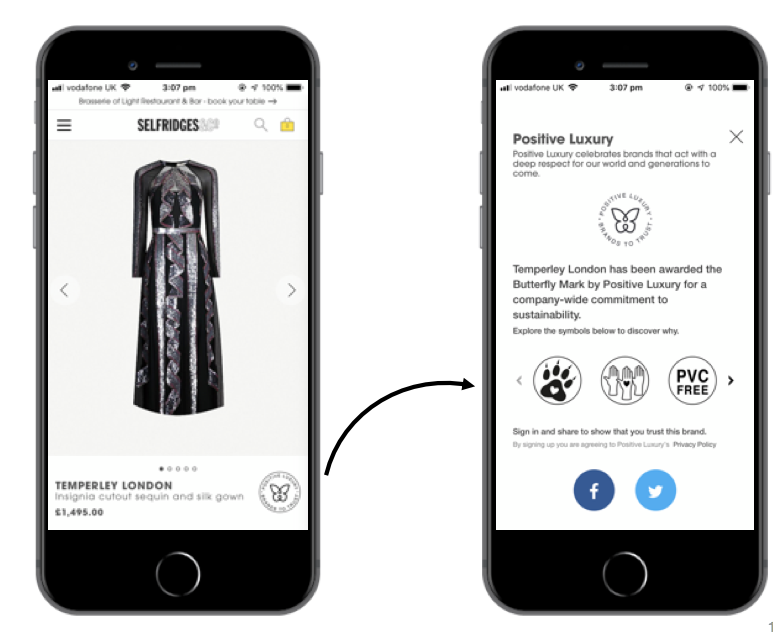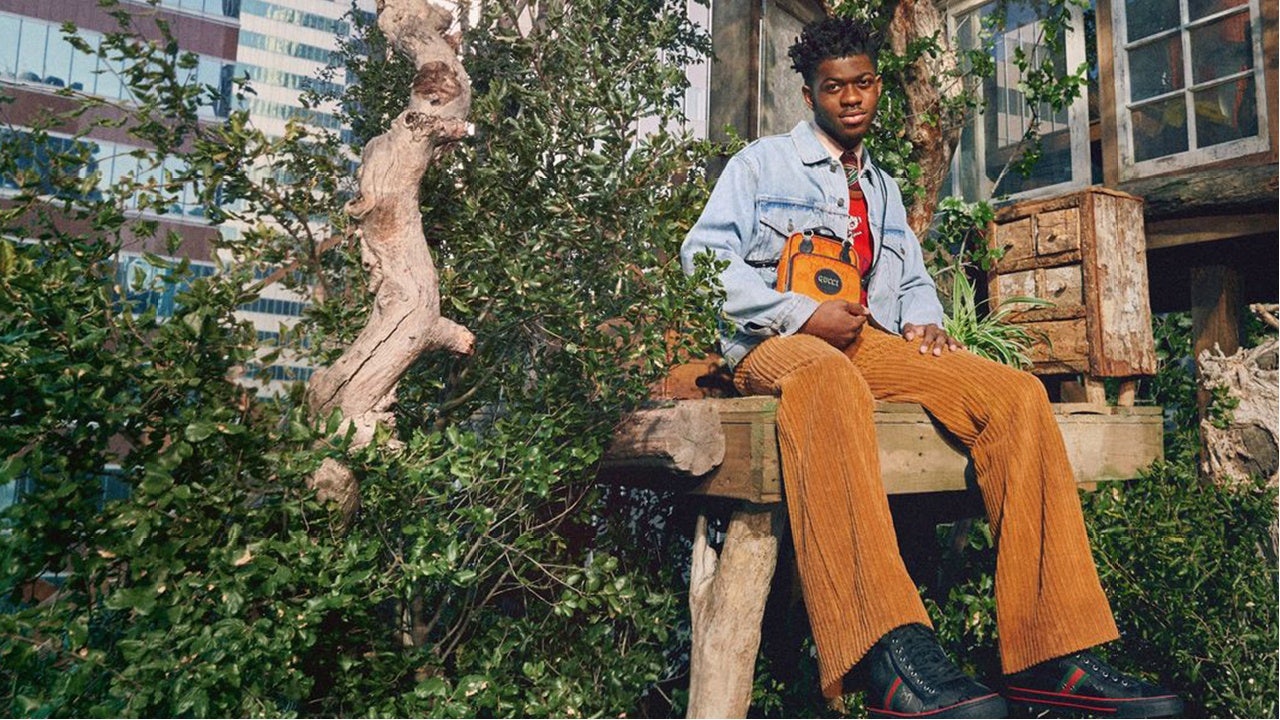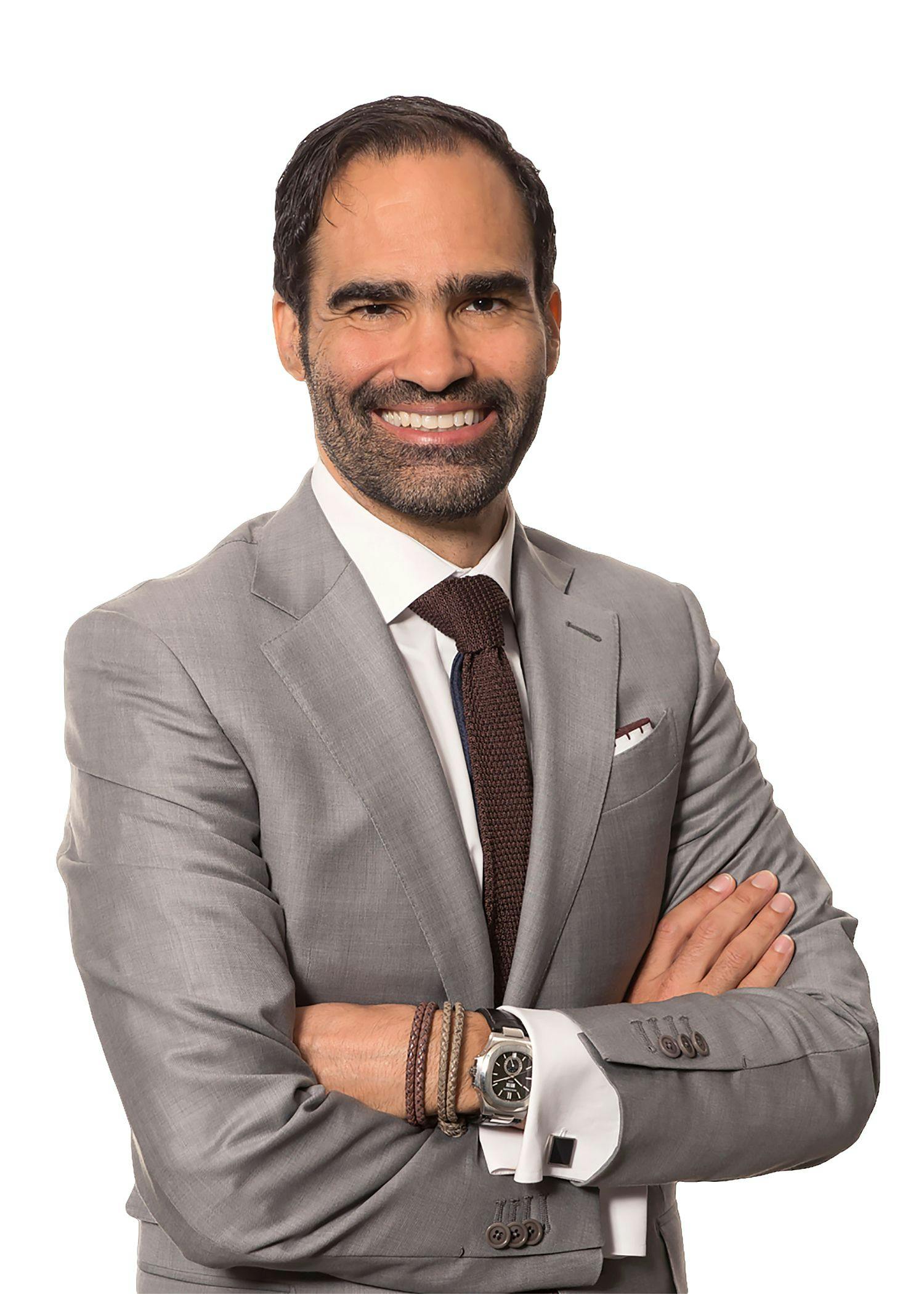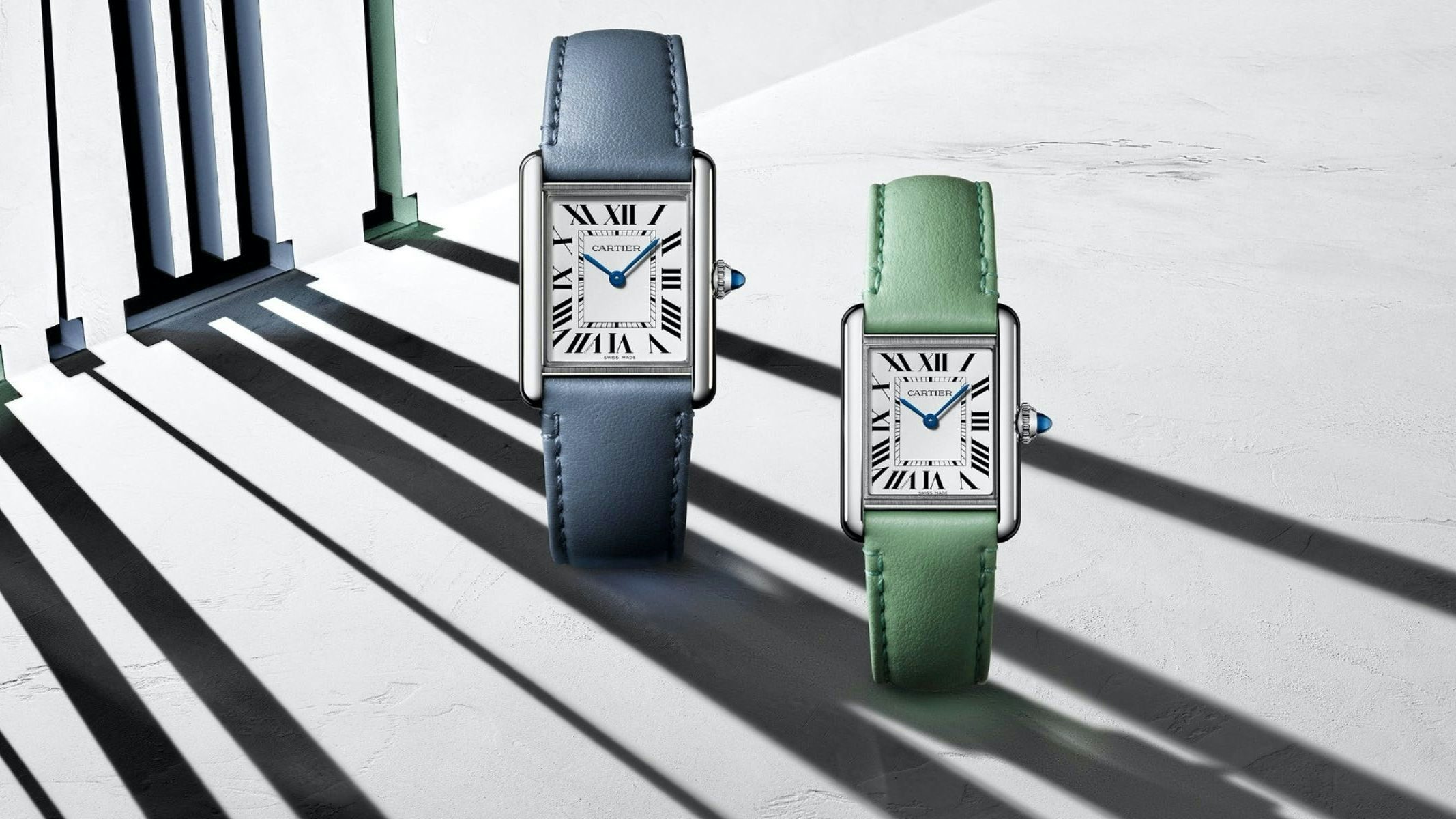Key Takeaways:#
- Luxury is not about craftsmanship or quality because those traits are expected in the field and are “priced in.”
- The most important consumer group for luxury this decade is Generation Z, and they are the first generation to vote for sustainability with their wallets.
- Being perceived as a follower is a no-go in luxury, and claiming to be “progressive” or “innovative” means nothing if consumers do not perceive it.
Luxury is, in its most easy-to-describe form, the extreme creation of value. It’s not about craftsmanship or quality because those traits are expected in luxury — “priced in,” if you will. It is about inspiring consumers, creating desire, and making them fall in love with a brand. It is earning the ability to influence and innovate in the eyes of consumers.
So what's the catch? In many of my brand audits and category analyses, I see brands defining what they do from their own viewpoint — not from the customer's perspective. Innovation and influence are not what brands proclaim them to be from the inside. The only relevant viewpoint is that of the consumer, which should be crystal clear. But in reality, few brands are aware enough to apply this perspective.
In many cases, what I observe is an attitude of minimizing risk and following what others do. But following trends never inspires, doing what others do is not influencing, and applying standards is not innovative. In the minds of customers, those three attributes drive desirability and extreme value. One of the most precise predictors of future revenue decline is when brands stop innovating and influencing and "go with the flow" instead.
"Sustainability" is a great example. Like digitization, the luxury industry was extremely late when it came to sustainability. Years ago, in a publication called “The Luxury Sustainability Paradox,” I highlighted how brands needed to switch gears and start playing to win when it comes to sustainable luxury. In my view, sustainability is the single best way for luxury brands to differentiate themselves and make a change that leads to growth.
The most important consumer group for luxury this decade is Generation Z, and they are the first generation to vote for sustainability with their wallets. For example, the incumbent luxury leaders in cars completely missed an opportunity to innovate electric cars and handed luxury's top spot to Tesla in many countries, including the US. This real-world example shows how luxury brands fail when they follow each other and forget to innovate. Now traditional car companies are trying to catch up to Tesla.
Yet, catching up is not the same as innovating or inspiring. So, without a total change of mindset, many past luxury car leaders will face Nokia's fate once Apple debuted its game-changing iPhone. Being perceived as a follower is a no-go in luxury, and claiming to be “progressive” or “innovative” means nothing if consumers do not perceive it.
Karen Hanton and Diana Verde Nieto co-founded Positive Luxury in 2011 to identify luxury brands that meet the highest standards of innovation in environmental performance. Their certification, known as the Butterfly Mark, highlights brands, suppliers, and retailers committed to making a positive impact through transparent points of sale that equip consumers to make more informed purchasing decisions. But, says Verde Nieto, “being a truly sustainable business is a deeper dilemma than just winning consumers over. Most luxury businesses are unprepared to protect the stability of their operations and have no intermediate to advanced early warning systems to prepare them for climate risks events. That is why, when we certify companies, we help them measure ESG data across the value chain, breaking barriers to achieve full transparency.”

When brands apply for their Butterfly Mark certification, they need to prove they have a holistic sustainability process in areas like diversity & inclusion, working conditions, supplier audits, capacity building, traceability, and circular strategies in innovation, to name a few. I have helped brands make internal changes to earn this prestigious mark, so I can attest that it changes how many leaders view the importance of sustainability.
And since a brand's mindset determines its potential, the process of questioning and challenging every aspect of the business often leads to fundamentally different ideas, opening up more potential to create extreme value.
In luxury, brands must play to win. There is no corner-cutting in creating extreme customer value. As an example, the Asia-Pacific CEO of a top-ten global luxury brand recently told me that, for the first time in his career, he noticed consumers leaving his stores if they were not convinced of a product's sustainability.
These trailblazers of change are Gen Zers. And since they will be the top luxury cohort by 2030, many brands that only talk about sustainability will receive a brutal awakening. Playing to win in sustainable luxury is the only way to gain and keep a competitive advantage, so luxury brands better act — and fast.
Daniel Langer is CEO of the luxury, lifestyle and consumer brand strategy firm Équité, and the professor of luxury strategy and extreme value creation at Pepperdine University in Malibu, California. He consults some of the leading luxury brands in the world, is the author of several luxury management books, a global keynote speaker, and holds luxury masterclasses in Europe, the USA, and Asia. Follow @drlanger


